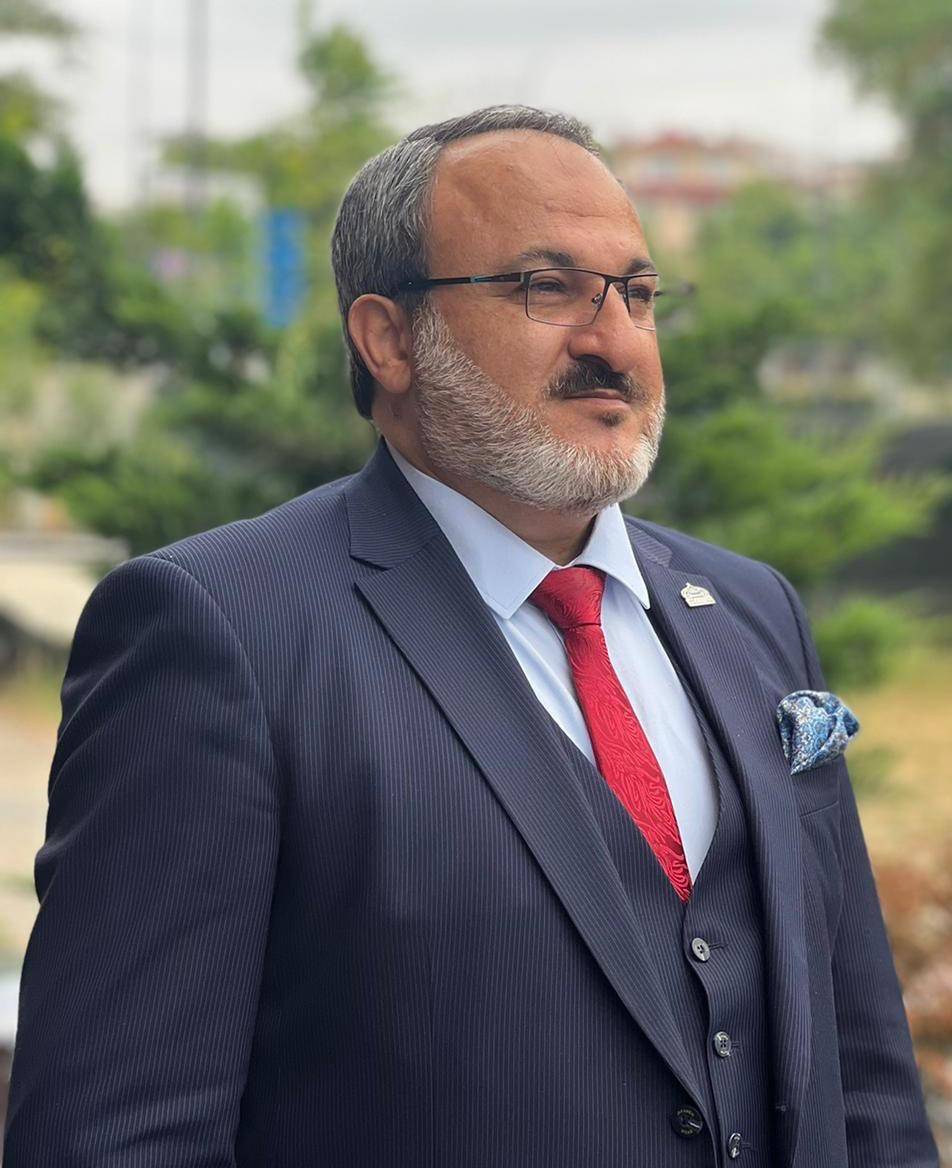Just few days separated the American official recognition of the Israeli authority over the Syrian Golan Heights and the rocket that destroyed a house in Tel Aviv. In the first incident, Israel visualised itself as the undisputed king of the region supported by the divine-like US power, that could legitimise whatever it wants even if the whole world rejects it. The second incident, on the contrary, reflects the level of fragility in Israel. After more than half of a century of occupying other people’s land, oppressing them and utter disregard for international law and community, Israel is not able to protect itself, against primitive rockets. Now those who used to bask in the beautiful Mediterranean sun on the Tel Aviv beach, realise that they are not in California, nor in the French Riviera, but in the Middle East. A Middle East they created; full of fire and blood.
Israelis will, soon enough, discover, that you cannot destabilised the whole region, and stand aside watching everyone butcher everyone else, without eventually getting involve. Yes, they succeeded, with the help of America, to restructure the whole region according to their preferences, and get their men on top. Yet, they are seen as the master mind that quelled the Arab Spring, and the aspirations of millions of Arab youth for freedom and dignity.
Just a few months ago, many believed that the Arab Spring was over, and Arab world will go back into a long period of slumber, but they were wrong. A new wave may be building momentum in Sudan and Algeria. Millions of young people, from different schools of thought took to the streets, demanding political change in their countries, something quite similar to the beginning of the Arab Spring in 2011. Israel is in enmity with Iran and its relations with Turkey are continuously deteriorating, while it has good relations with Egypt. But Israel knows how the current regime in Egypt came into power, and how it might change overnight, as happened earlier. The situation in Saudi Arabia, is no better. The whole area is in fact on top of a volcano, that may suddenly irrupt, and when that takes place, few will be on Tel Aviv side.
Arab MK Haneen Zoabi: Our struggle is the same as that of Palestinian people everywhere
The internal situation in Israel doesn’t help either. Never before, was the Israeli society divided between religious and secular, the way it is today. Remember, in Jewish tradition, it is internal division that brought down the down fall of Judea and Samaria kingdoms, although unlike today, they consisted not of European colonisers, but indigenous people.
This fragility is also reflected by the discussion started by the American Congresswoman, Ilhan Omar, and the events that ensued. Although pro-Israel politicians and the American media managed to create a big row over Ilhan’s questions on the potential Israeli impact on American politics, to the extent there was an organised campaign to smear her even by the leadership of her own party, the Democratic party, many rushed to her side including many American Jews who seem to believe that Israel should not be given god-like immunity, and it is questionable, and it is not anti-Semitism to criticised Israel. In fact, many believe that equalising every Jew as Israel or Zionist, is anti-Semitism.
Is it a coincidence that no Democratic presidential candidate will attend the AIPAC, the main pro-Israeli lobby, conference this year? This comes after a rare incident in the history of the organisation, where it indirectly criticised Netanyahu over allying himself with the Otzma Yehudit (Jewish Power), an Israeli far-right party, seen by the AIPAC, as extremist one. It is true that Netanyahu was able to win over Donald Trump and Mike Pence, but he seems to have lost the majority of the American Jews, who usually do not indorse Evangelical right-wing politics.
![Michael Ben Ari, the leader of the Jewish Power party on 23 December 2010 [GALI TIBBON/AFP/Getty Images]](https://i0.wp.com/www.middleeastmonitor.com/wp-content/uploads/2019/03/2010_12-23-Michael-Ben-AriGettyImages-107772366.jpg?resize=920%2C613&ssl=1)
Michael Ben Ari, the leader of the Jewish Power party on 23 December 2010 [GALI TIBBON/AFP/Getty Images]
BDS and the Israel boycott movement, represent a nightmare to Israel. Israelis can see the many similarities between their state and the Apartheid South African state that succumbed to its wound under the blows of the BDS movement, and they fear a similar end. They launched a global war against the boycott movement. Yet, it is quite difficult to discredit a peaceful movement joined by many intellectuals including Jews, especially when you do not have a good record yourself. Report after another, condemns Israel for using unjustified force against peaceful demonstrators, and the Israeli narrative about being targeted by terrorists for being the only democracy in the region is useful no more.
Israel is like a castle made of glass. It managed to get the latest military technology, the support of the only superpower in the planet, and install pro-Israel neighbouring leaders, but suffers from many chronic diseases that might suddenly chatter its illusion.
Lebanese judicial decision to survey occupied territories adjacent to Syrian Golan
The views expressed in this article belong to the author and do not necessarily reflect the editorial policy of Middle East Monitor.

![An Israeli soldier sits in an army Merkava tank during a military drill in the Israeli-annexed Golan Heights on 12 February 2019 [JALAA MAREY/AFP/Getty Images]](https://i0.wp.com/www.middleeastmonitor.com/wp-content/uploads/2019/03/GettyImages-1124266199-scaled.jpg?fit=920%2C596&ssl=1)







